So What Insulation Is Right For Me?
Choosing the Right Insulation for Your Home:
A Comfort and Efficiency Guide
Insulation plays a vital role in keeping your home comfortable and energy-efficient. But with various options available, selecting the right type can feel overwhelming. This guide will explore three popular choices – spray foam, batt insulation, and blow-in cellulose – to help you decide which best suits your needs.
Understanding Insulation:
R-Value and Benefits
Insulation works by trapping air, creating a barrier against heat transfer. This keeps your home cooler in the summer and warmer in the winter, reducing reliance on heating and cooling systems. The effectiveness of insulation is measured by its R-value – the higher the R-value, the greater the resistance to heat flow. Here's a breakdown of the benefits you can expect from proper insulation:
pen_spark
Reduced energy bills
Improved insulation lowers your reliance on HVAC systems, leading to significant energy cost savings.
Enhanced comfort
Consistent temperatures throughout your home create a more comfortable living environment.
Improved indoor air quality:
Reduced air leaks associated with good insulation can minimize dust and allergens entering your home.
Increased soundproofing
Certain insulation types offer sound dampening properties, creating a quieter living space.
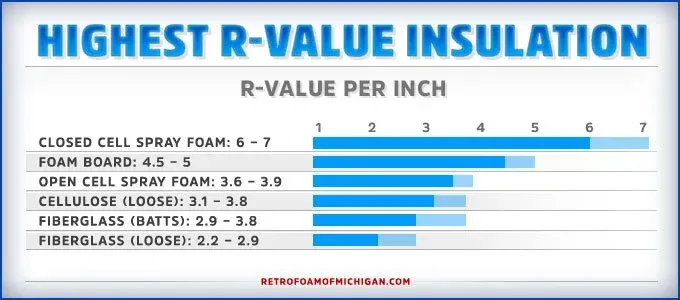
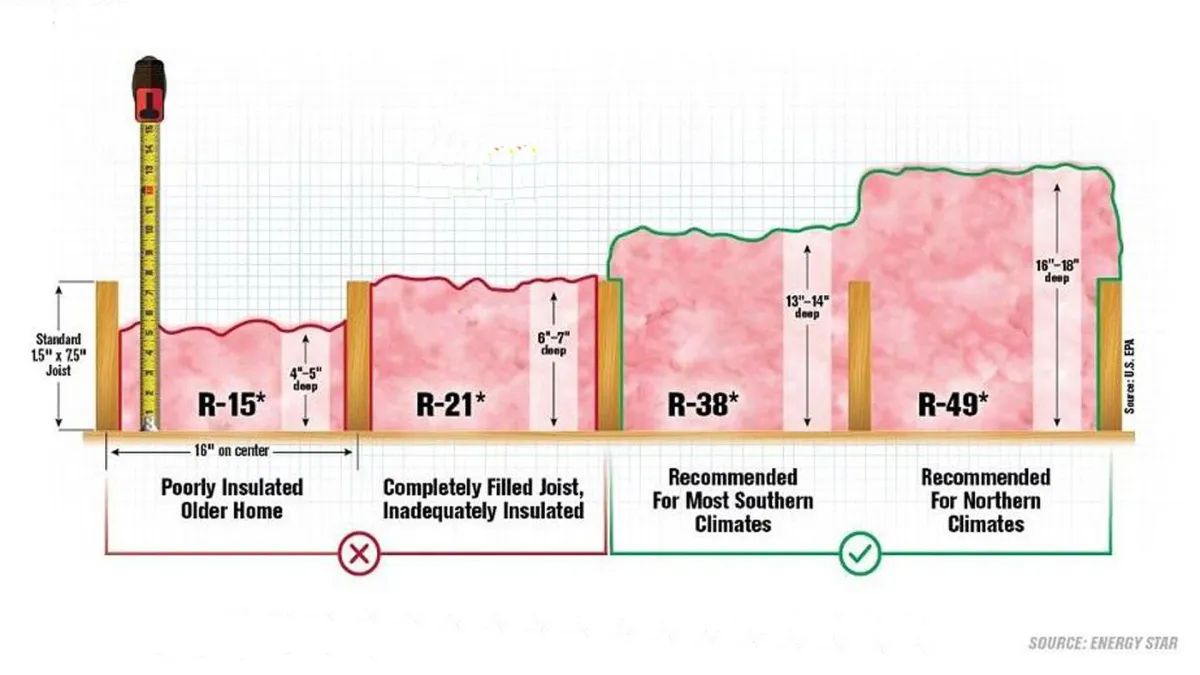
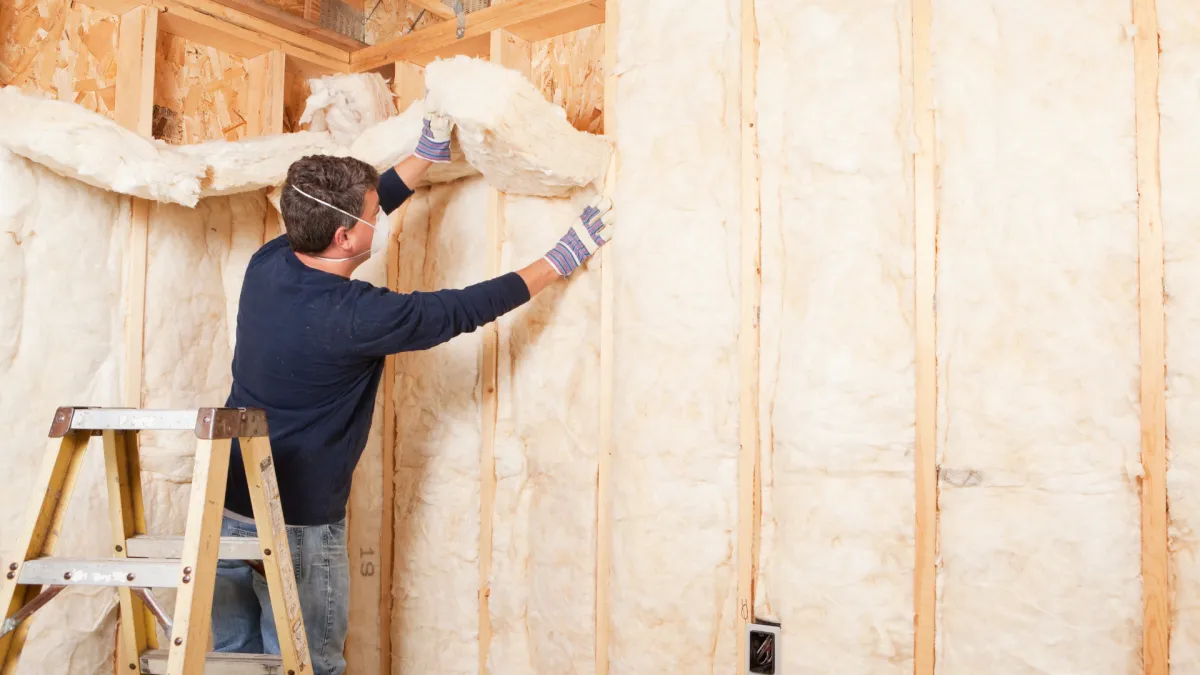
Pros
Cost-effective
Batt insulation is generally the most budget-friendly option, making it a good choice for homeowners on a tight budget.
DIY-friendly
Pre-cut batts fit standard stud cavities in walls and ceiling joists, allowing for DIY installation or cost-effective professional installation.
Material options
Fiberglass offers affordability, mineral wool provides fire resistance, and natural fibers are eco-friendly with moisture control benefits.
Batt Insulation: The Traditional and Affordable Choice
Batt insulation, those familiar pink rectangles, remains a popular option due to its affordability and ease of installation. Available in fiberglass, mineral wool, and natural fibers like cellulose, batt insulation offers a range of benefits.
Cons
Lower R-value per inch
Compared to spray foam, batts require a thicker installation to achieve the same level of insulation.
Moisture concerns
Fiberglass can lose effectiveness if exposed to moisture, while cellulose may require additional moisture control measures in humid climates.
Limited soundproofing
Batt insulation, particularly fiberglass, offers less soundproofing compared to other options.
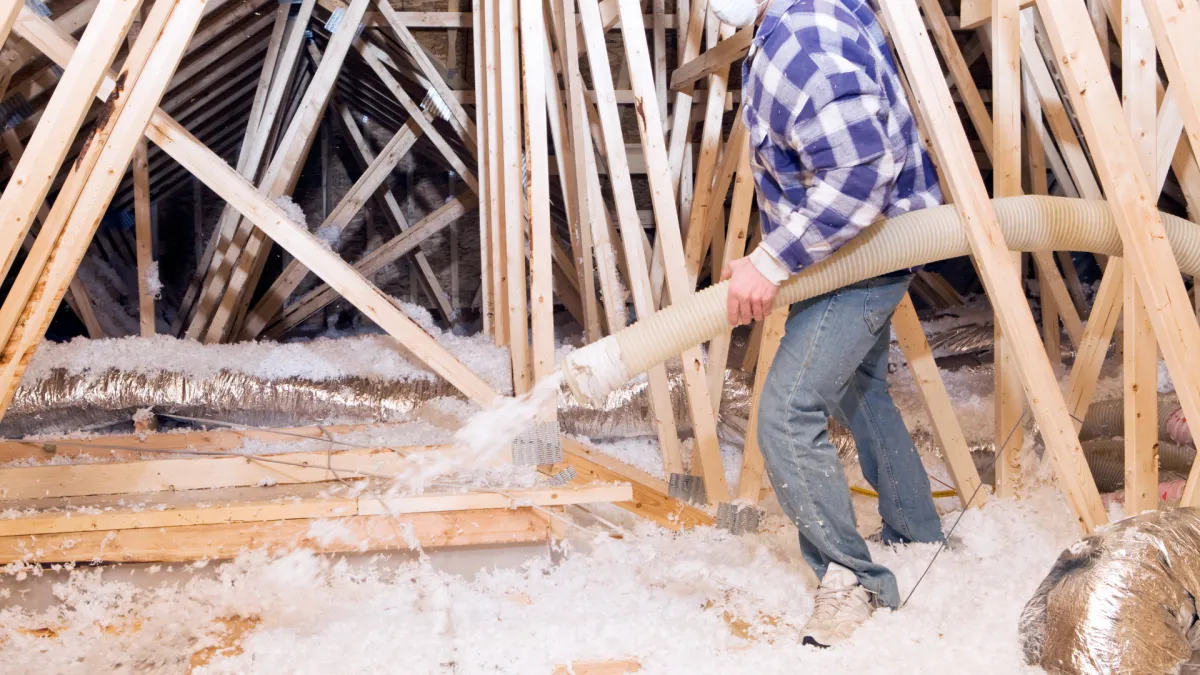
Pros
Cost-effective
Blow-in cellulose is a more affordable alternative to spray foam insulation.
Good insulator
Cellulose has a good R-value and can help improve thermal comfort.
Moisture absorption
Cellulose can absorb and release moisture vapor, which can help regulate humidity levels in your home.
Eco-friendly
Made from recycled materials, cellulose is an environmentally friendly choice.
Blow-in Cellulose Insulation:
Eco-Friendly and Cost-Effective
Blow-in cellulose insulation is a loose-fill insulation made from recycled paper products. It offers a balance between affordability and performance.
Cons
Moisture concerns
Cellulose can lose insulating properties if it gets wet, requiring proper ventilation to prevent moisture buildup.
Settling
Over time, cellulose insulation can settle, requiring potential top-ups.
Not DIY-friendly
Blow-in cellulose insulation typically requires professional installation.
Spray Foam Insulation: Superior Sealing and Performance
Spray foam insulation is a popular choice for those seeking maximum efficiency and air sealing. Applied as a liquid that expands to fill cavities, spray foam offers several advantages.
Pros
Superior R-value
Spray foam boasts the highest R-value per inch of any insulation material, translating to significant energy savings.
Air barrier
Spray foam creates a tight seal around your home's envelope, minimizing air leaks and drafts, further improving efficiency.
Moisture resistance
Closed-cell spray foam is resistant to moisture vapor, preventing condensation and moisture problems within walls.
Soundproofing
Spray foam offers good soundproofing capabilities.
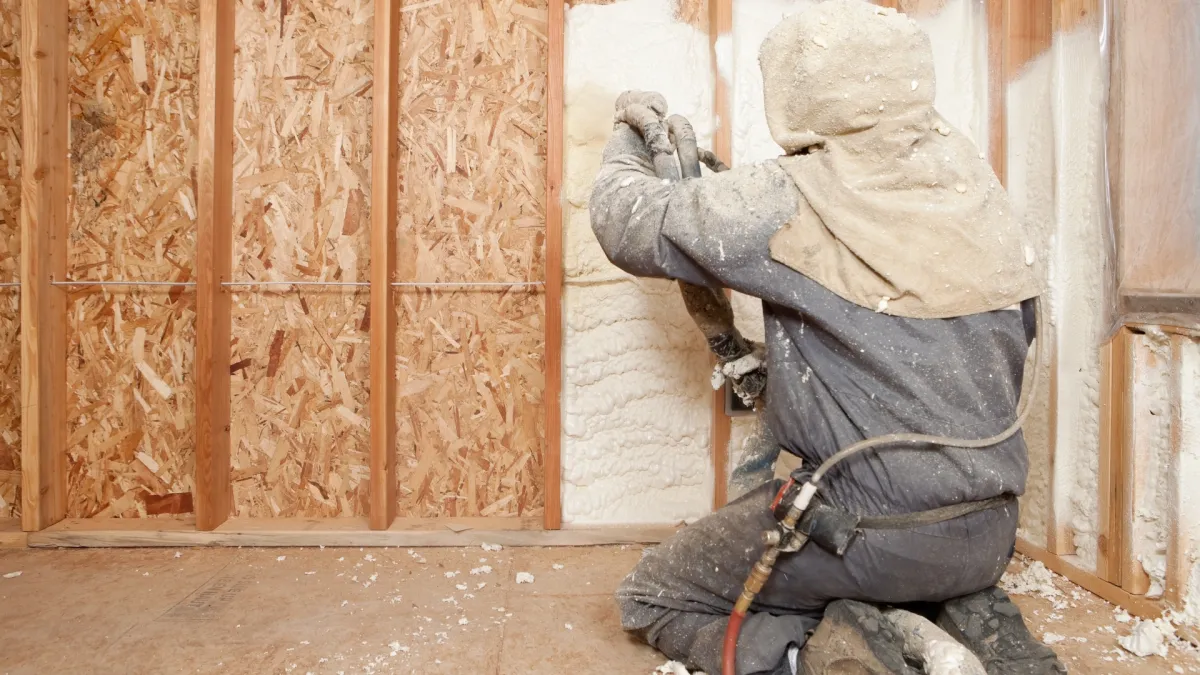
Cons
Cost
Spray foam is typically the most expensive insulation option.pen_spark
Off-Gasing
Closed-cell foam can emit mild odors during installation, requiring proper ventilation.
Professional installation
Spray foam requires certified professionals due to the specialized equipment involved.pen_spark
Still Unsure in Choosing the Right Insulation?
The best insulation for your home depends on your priorities and budget. Call us today and we can help you decide what is best for you!
Client Testimonials
See What Our Clients Have To Say!

Rose A.
★★★★★
Steven and his crew did a great job on foaming our property. They were on time & did everything we wanted. I would recommend him! We love our insulated home

Tommy G.
★★★★★
The owner steven is great it work with. I'd recommend this company to anyone looking for high quality care on their home

Jannet S.
★★★★★
They were attentive and answered all the questions I had on insulation.
Here's Why
Our Clients Love Us

Fast Response
Our team is available to respond to your inquiries.

Free & Fair Quotes
We offer free and fair quotes to help you get the job done without breaking the bank.

Unique Designs
Our team of experts will work with you to create a unique design that reflects your personal style and taste.

Satisfaction Guarantee
We're not satisfied until you are. Our team is committed to delivering high-quality services that exceed your expectations.




